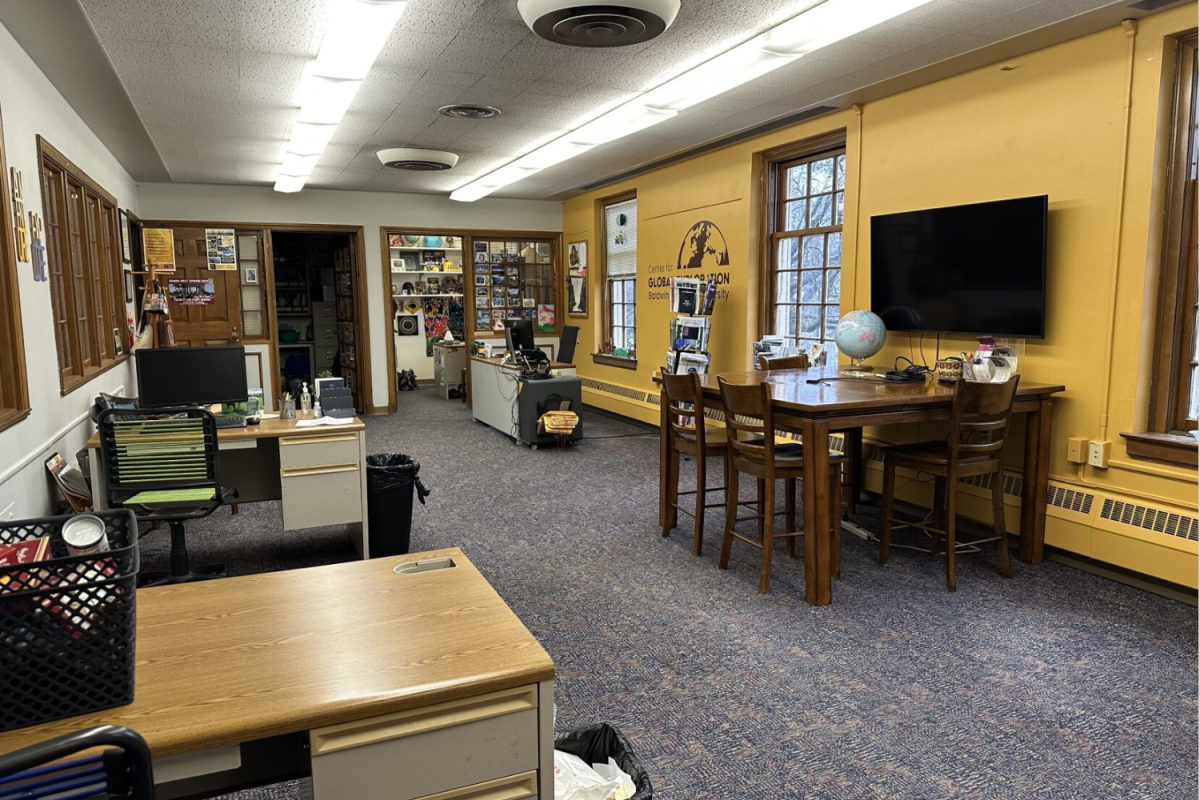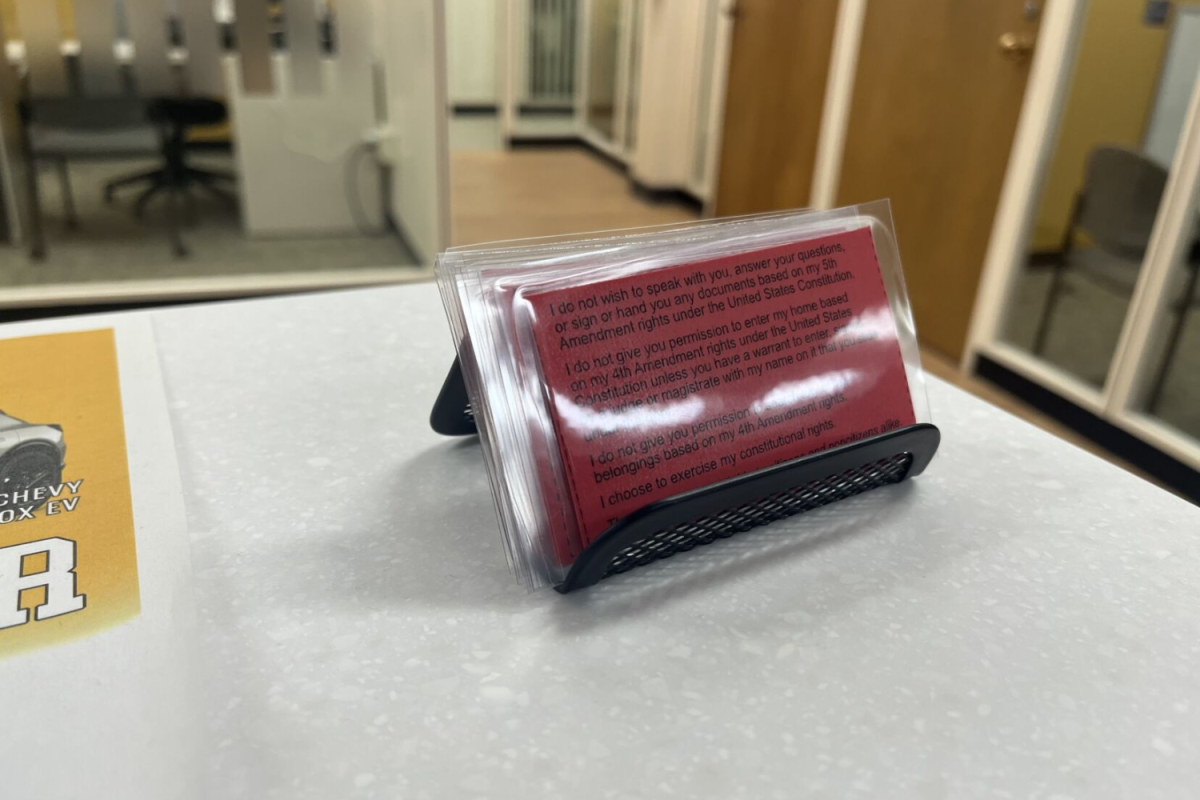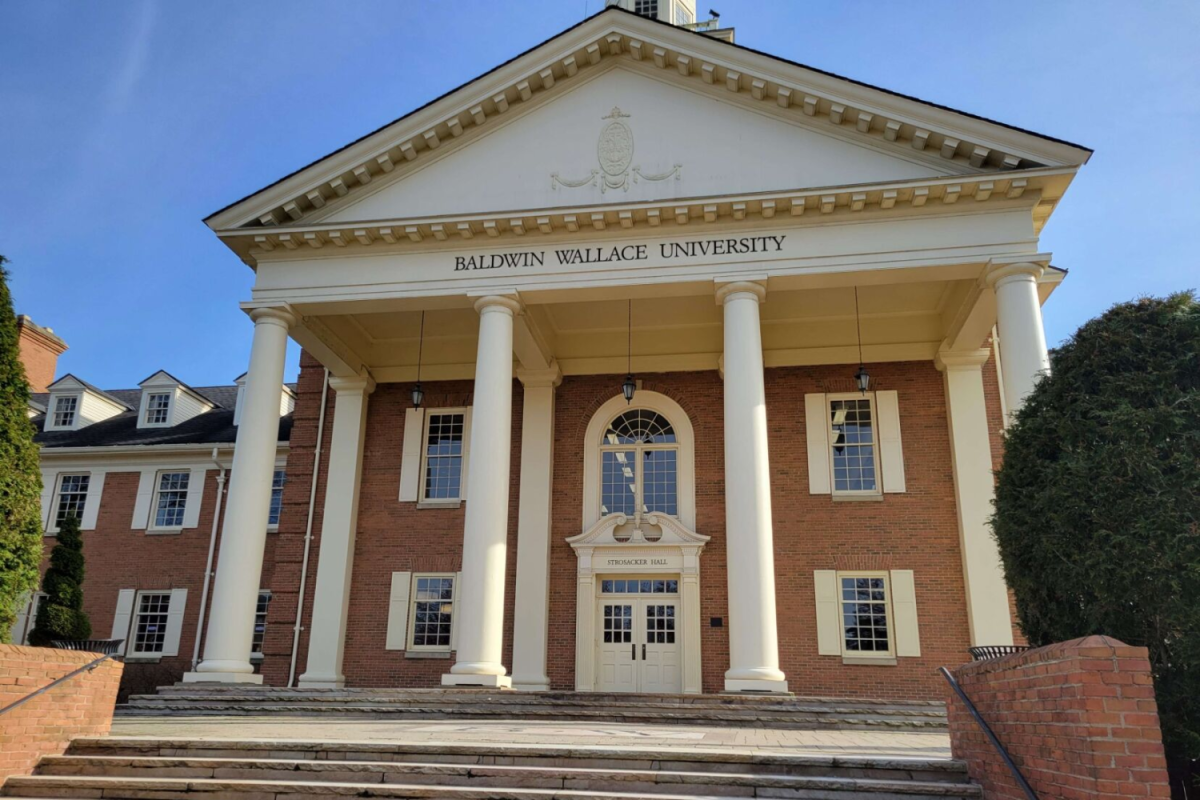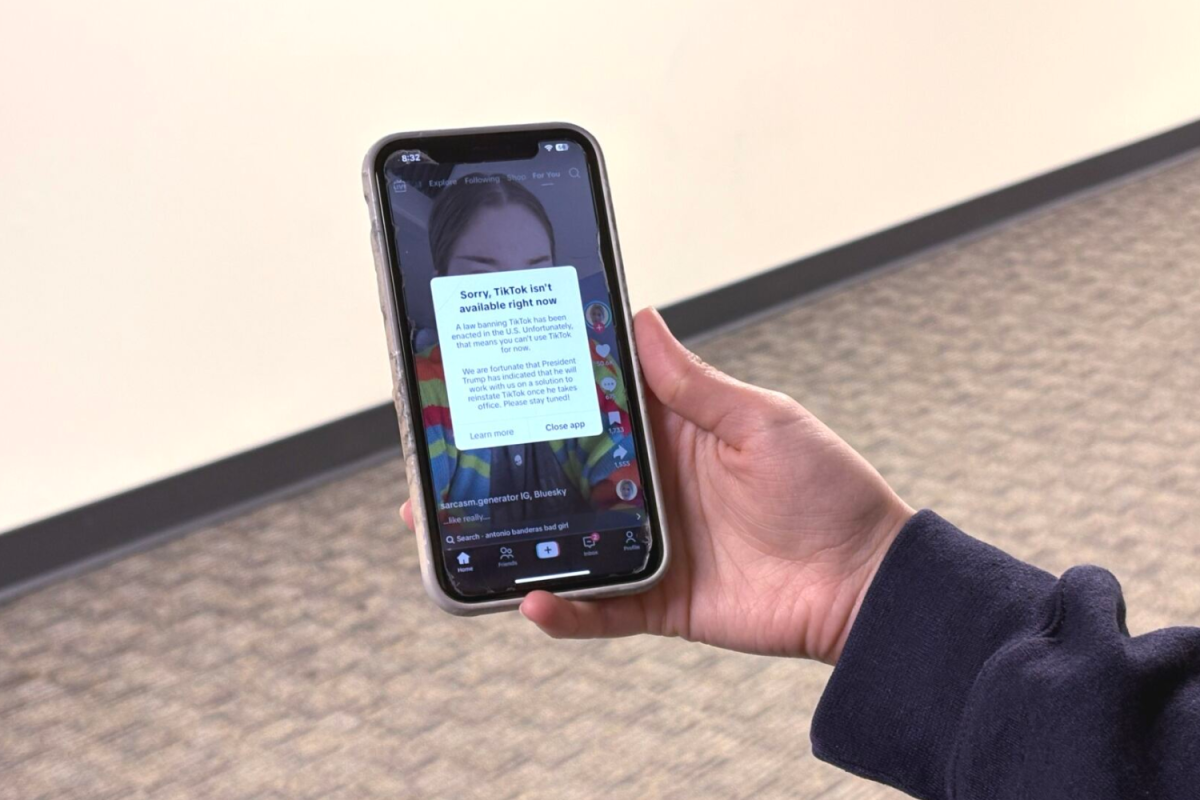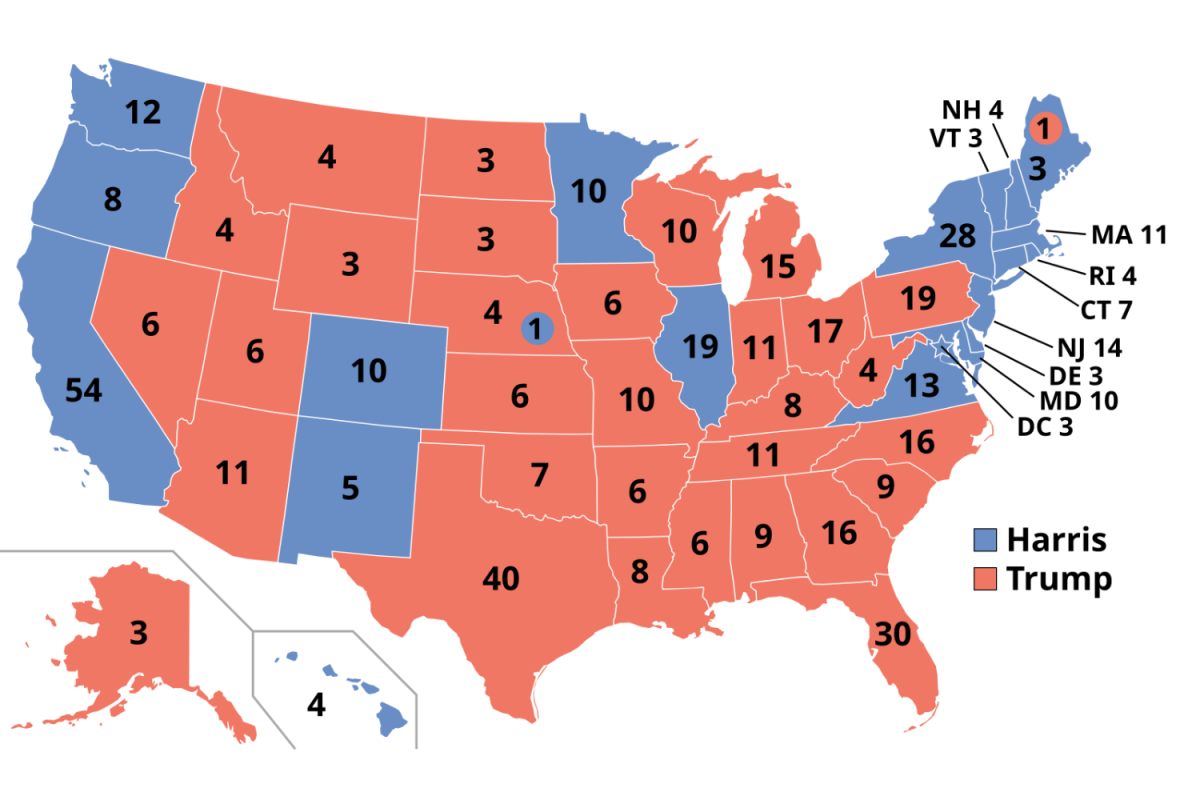Student Employment: More Than “Just A Part-Time Job”
November 9, 2014
College students are saddled with many responsibilities; they are expected to attend class, complete hours of homework and study for tests, all to prepare for careers after college.
In spite of the large time commitment a college workload requires, many students take on the added responsibility of work, whether it is on-campus job through Baldwin Wallace or outside employment.
These jobs can help students pay off school debt, add experience to their resume and even lead to full-time employment after graduation.
Taking time out of an already hectic schedule to work can be beneficial, but stressful for a busy student.
Isaac Baker, a senior public relations major, says that he prefers to work on-campus. Working at jobs both on and off of campus, he has had the opportunity to fill a variety of positions.
Currently, he works at the Lou Higgins Recreation Center as an attendant. “The hours are a lot more flexible, and it’s a lot closer,” Baker said. “I can just wake up and go there.”
At Baldwin Wallace, Federal Work-Study plays a big role in the selection for work-study employment. According to the Student Employment Center, students that qualify for Work-Study receive priority over students who are not eligible.
In addition, Non Work-Study students are disallowed from working and applying for on-campus positions until the fourth week of the Fall semester (with the exception of those students who are returning to a position they held the previous year).
Regardless of a student’s status, most campus positions pay minimum wage, although there are exceptions.
Students can, however, receive other benefits from their employment. Andrew Minamyer, a senior psychology major, has had the same off-campus position since beginning his career at BW. He works with the disabled as a Direct Care Associate. He never held an on-campus position.
“I didn’t particularly see any opportunities on-campus that I was really interested in,” Minameyer said. “Also, I receive a lot more pay than what on-campus jobs currently offer.”
After graduation, he will immediately join the workforce, having already secured a full-time position with his current employer.
Employment can foster responsibility, timeliness and work ethic in students. Students can also learn interesting, more tangible skills from the workplace.
Gaby Radak, an employee of the theatre department’s costume shop, has picked up a few fascinating skills.
“Now, if a friend pops a button or if I find a tear in my clothes, I can fix it,” Radak said. “I had very limited sewing skills before, but after working at the costume shop, I can do a lot more and I’m learning more each time I work.”
Xavier Khan, a production management major, also works in the theatre department as a scenic charge artist, painting and creating sets for the various productions that go on throughout the semester. He tries to find employment in places that will help him later on in his career.
“It depends on whether the work is in my industry (theatre and stage production) and whether or not it uses related skills,” Khan said. He has had both on- and off-campus work, and finds that both have pros and cons.
Sophomore Billy Weaver welcomes students to Ritter Library, working the front desk of the building, yet another example of the possible employment opportunities available to BW students.
Working while attending college can be stressful for students, but there are many advantages besides putting some extra money in their pockets. For additional information about student employment, visit the Student Employment Center online at bw.edu/resources/sec.

